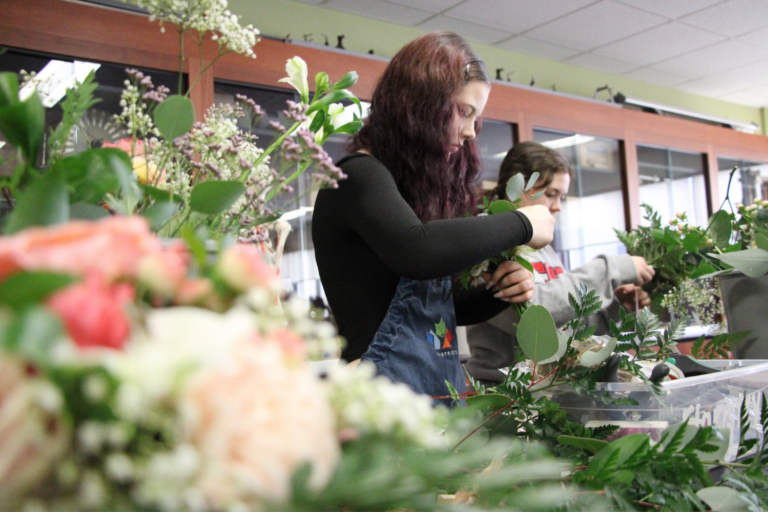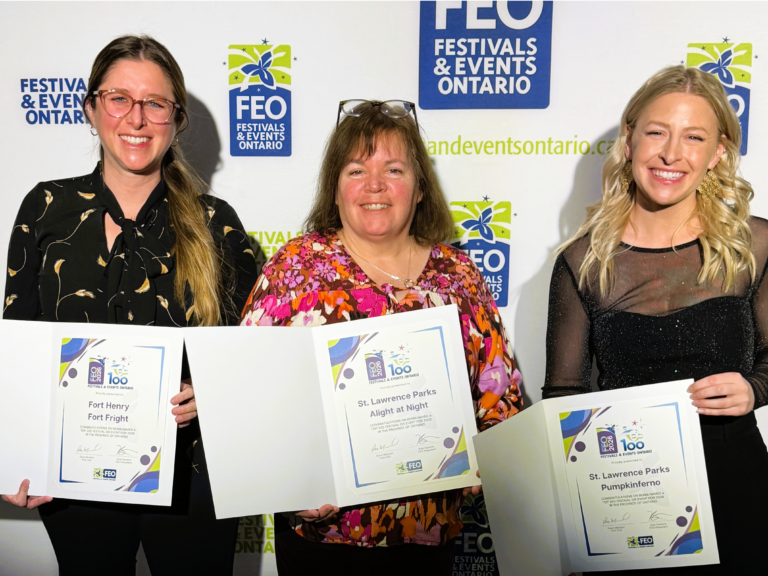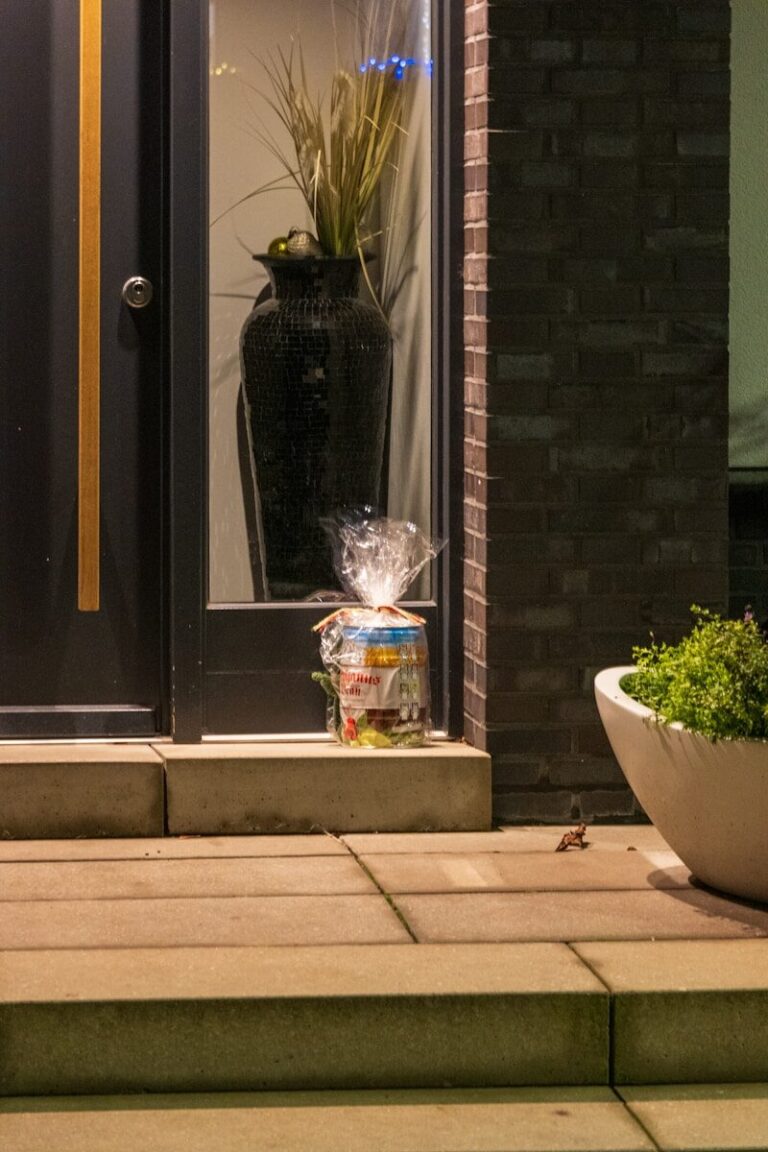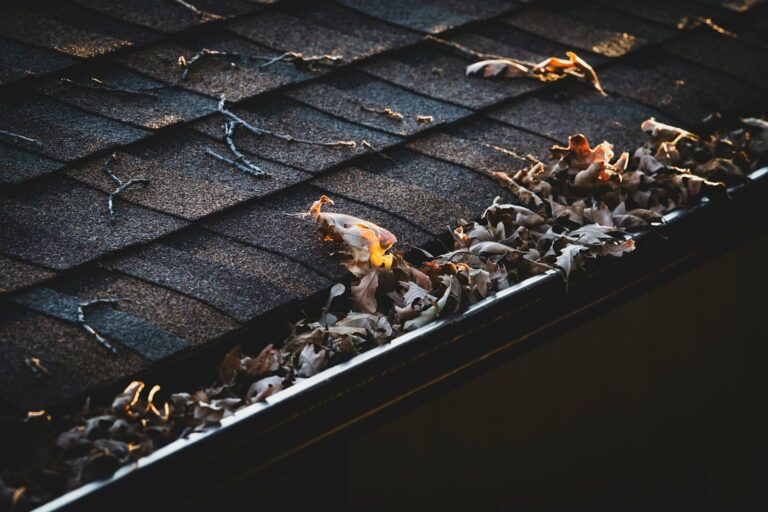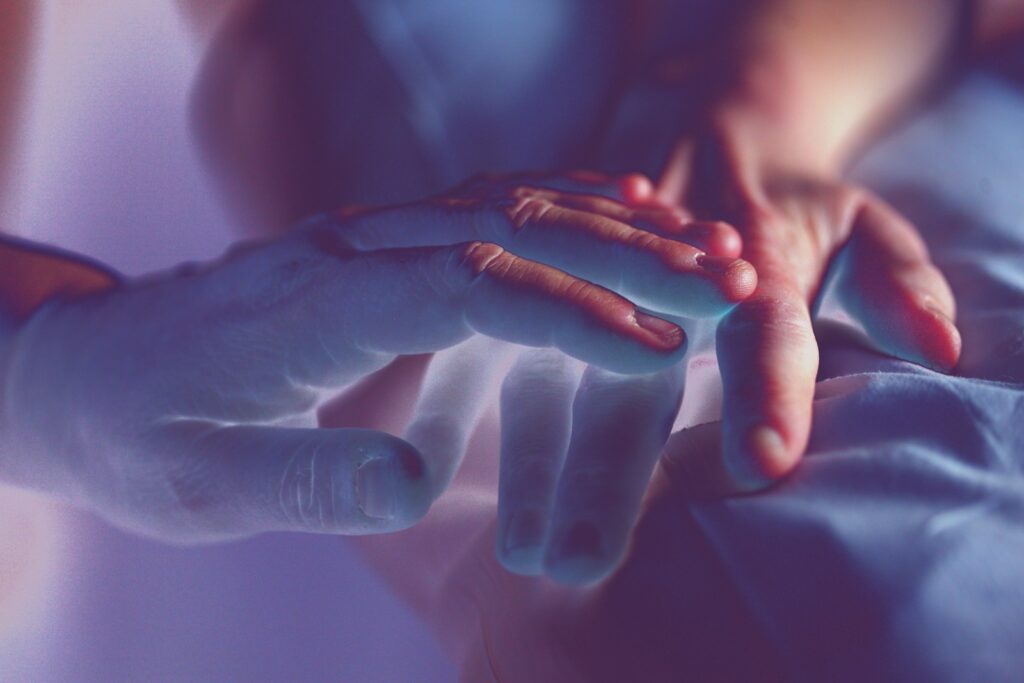
One year ago, I received a call from a friend in Ottawa telling me that her husband Arnold had been hospitalized. This was one of many hospital stays he had endured over the last few months. Suffering from advanced Parkinson’s, he was vulnerable to bladder infections and pneumonia. It had been a challenging journey for all of us to watch his decline, the slow insidious loss of his physicality. A once vibrant figure in his community, a world class championship skier who competed with the likes of Nancy Greene, an engineer who with his father-in-law invented snow making machines and was, as a result inducted into the Canadian ski hall of fame, an avid golfer, coach, choir member and community builder. The unfortunate result of illnesses in the later years is that you fade away.
But we knew him and we saw him. A week into his hospital stay his wife called to say that a malignant melanoma which he had had removed earlier in the year had spread. The prognosis was dire. Arnold decided on M.A.I.D., Medical Assistance In Dying and she wanted to let us know that this would take place as soon as possible. I thought: what a blessing that he had this option as his death was imminent. MAID offered him the choice to die with dignity and on his own terms. He had already lost so much of who he had been, why should he suffer more loss. As for his wife of 58 years, she supported his choice completely, which in my heart was a final gift of love she could offer him.
Three weeks later, his wife contacted me and asked us to come to see him. He wanted to speak with us and to say goodbye. It was one of the most respectful, beautiful and difficult conversations I have ever had with someone, knowing this was my final conversation with him. We laughed and cried. I was honoured that of the many people this man knew, he wanted to see Jim and I. The following day, he died at home with his children and his wife present, and the M.A.I.D. team in attendance, peacefully, consciously, in dignity.
If you are not familiar with M.A.I.D., I am writing this for you, actually for all of us. Whether you agree or disagree with medical assistance in dying, I believe it is important for all of us to be informed. We are privileged in Canada to have this law in place. It is not the case in many countries including south of the border.
Medical assistance in dying (MAID) is a process that allows someone who is found eligible to be able to receive assistance from a medical practitioner in ending their life. The federal Criminal Code of Canada permits this to take place only under very specific circumstances and rules. Anyone requesting this service must meet specific eligibility criteria to receive medical assistance in dying. Any medical practitioner who administers an assisted death to someone must satisfy certain safeguards first.
Only medical practitioners are permitted to conduct assessments and to provide medical assistance in dying. This can be a physician or a nurse practitioner, where provinces and territories allow.
Who is eligible?
To be eligible for medical assistance in dying, you must meet all the following criteria. You must:
- be eligible for health services funded by a province or territory, or the federal government
- be at least 18 years old and mentally competent
- have a grievous and irremediable medical condition
- make a voluntary request for medical assistance in dying
- give informed consent to receive medical assistance in dying
- A grievous and irremediable medical condition, is defined as a serious illness, disease or disability
- be in an advanced state of decline that cannot be reversed
- experience unbearable physical or mental suffering from your illness, disease, disability or state of decline that cannot be relieved under conditions that you consider acceptable
- You do not need to have a fatal or terminal condition to be eligible for medical assistance in dying
(Reference: Health Canada Services)
In other words, there are very specific criteria that must be met.
Earlier this year, Dying with Dignity Canada, the organization spearheading the MAID legislation, was lobbying for the inclusion of those with incurable mental health issues (who were of sound mind. This legislation was deferred for at least two years as the Federal Government felt the provinces were not ready to grapple with the ‘mental health issue’.
Of equal concern is the issue of Advance Directives, which was also deferred.
An advance request involves a competent person making a written request for medical assistance in dying (MAID) that could be honoured later, after they lose the capacity to make medical decisions for themselves. An advance request would allow an individual to describe, in writing, a future circumstance in which they would like to access an assisted death. (reference: Dying with Dignity Canada).
As someone who is now seventy something, and responsible for two parents ages 94 and 95, both with advanced dementia, I want to have a say in my future. I have watched my parents decline over the last decade, to a point which is well beyond what they would have wished for.
I encourage all of us to think about what Advance Directives allow us to do:
- Have autonomy over future decisions regarding our health
- Express clarity regarding what types of treatments we agree with and disagree with
- Preservation of self, the knowledge that your dignity is preserved at the end of life
If you wish to be further informed regarding MAID, I recommend contacting Dying with Dignity Canada, https://www.dyingwithdignity.ca. If you are interested in learning what you can do for yourself, there are many resources on their website that you can access. If you are, as I am, interested in advancing the legislation pertaining to Advance Directives, you can advocate for this through this organization.
Death and dying is frequently a touchy subject, especially in North American culture where we have separated ourselves from the rituals of death. And yet it is another phase of life. Just as we choose how we wish to live, is it not fair to assume that we that we should be able to choose how we die? I leave you with this question.
My own experience of MAID, thanks to my friend Arnold and his beautiful wife, was touching. When we attended Arnold’s celebration of life, there was great sadness at his passing and great joy regarding the circumstances.
We owe it to ourselves and our family members to be informed. While MAID will not be a choice everyone is comfortable with, it is worthy of discussion, especially with older family members and those with severe and painful chronic illness. We often say that we treat our pets better than we do humans. It has been an accepted practice to euthanize pets when they are suffering. Is it time we exercise the same compassion for ourselves?






